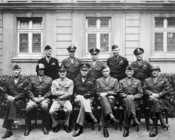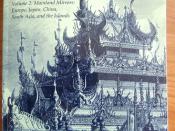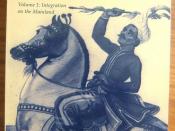What Was the Impact of McCarthyism in the United States?
According to Ellen Schrecker, "McCarthyism may have aborted much-needed reforms. As the nation's politics swung to the right after World War II, the federal government abandoned the unfinished agenda of the New Deal. Measures like national health insurance, a social reform embraced by the rest of the industrialized world, simply fell by the wayside. The left liberal political coalition that might have supported health reforms and similar projects was torn apart by the anti-Communist crusade. Moderates feared being identified with anything that seemed too radical, and people to the left of them were either unheard or under attack. McCarthyism further contributed to the attenuation of the reform impulse by helping to divert the attention of the labor movement, the strongest institution within the old New Deal coalition, from external organizing to internal politicking" (Schrecker, E. 1994). McCarthyism also affected political officials in the American Society because they had to sign loyalty oaths to prove they were not associated with the communist party.
This caused many officials to go to prison because of being mixed up with communism.
What is Dynamic Conservatism?
According to Stanley Schultz, Professor of History at University of Wisconsin, "Dwight Eisenhower advertised his program as 'Dynamic Conservatism,' also known as 'modern Republicanism" (Schultz, S., 1999). With Conservatism, Eisenhower meant budget cutting, government support for big business, and the return of federal functions back to state and local governments. "In his words: 'I will be a conservative when it comes to money matters and a liberal when it comes to human beings" (Schultz, S., 1999).
What is Meant by the Term Politics of Consensus?
Politics of Consensus is a method where the government uses a system of asking various groups in an argument to...


